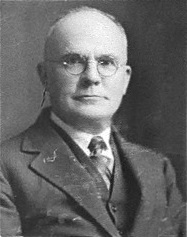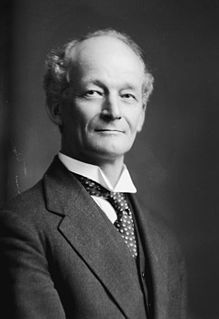Ronald Stuart Park CB CBE (1895–1980) was a New Zealand military leader and administrator. He was born in Dunedin, Otago, New Zealand in 1895. [1]

The Most Honourable Order of the Bath is a British order of chivalry founded by George I on 18 May 1725. The name derives from the elaborate medieval ceremony for appointing a knight, which involved bathing as one of its elements. The knights so created were known as "Knights of the Bath". George I "erected the Knights of the Bath into a regular Military Order". He did not revive the Order of the Bath, since it had never previously existed as an Order, in the sense of a body of knights who were governed by a set of statutes and whose numbers were replenished when vacancies occurred.

The Most Excellent Order of the British Empire is a British order of chivalry, rewarding contributions to the arts and sciences, work with charitable and welfare organisations, and public service outside the civil service. It was established on 4 June 1917 by King George V and comprises five classes across both civil and military divisions, the most senior two of which make the recipient either a knight if male or dame if female. There is also the related British Empire Medal, whose recipients are affiliated with, but not members of, the order.

Dunedin is the second-largest city in the South Island of New Zealand, and the principal city of the Otago region. Its name comes from Dùn Èideann, the Scottish Gaelic name for Edinburgh, the capital of Scotland.
In 1935, he was awarded the King George V Silver Jubilee Medal. [2] He was appointed a Commander of the Order of the British Empire in the 1943 King's Birthday Honours, [3] and a Companion of the Order of the Bath in 1953 in recognition of his gallant and distinguished service during the Korean War. [4]
The King George V Silver Jubilee Medal is a commemorative medal, instituted to celebrate the 25th anniversary of the accession of King George V.

The Korean War was a war between North Korea and South Korea. The war began on 25 June 1950 when North Korea invaded South Korea following a series of clashes along the border.






